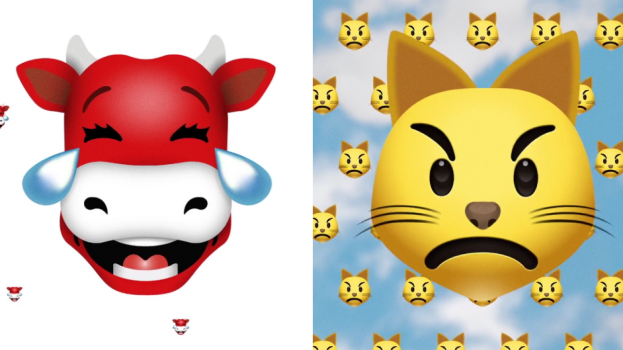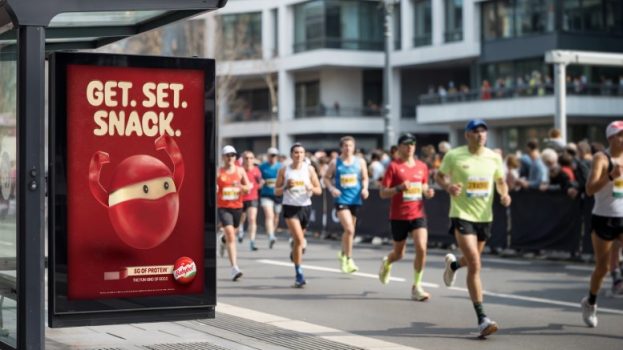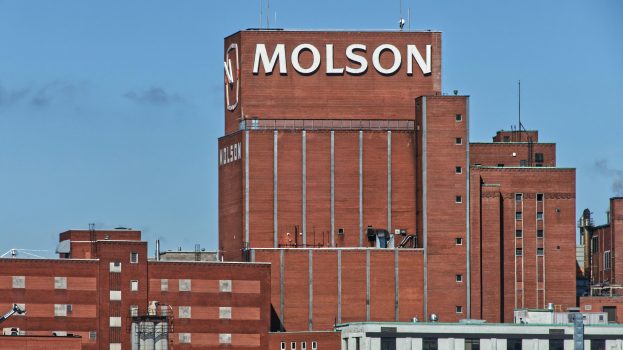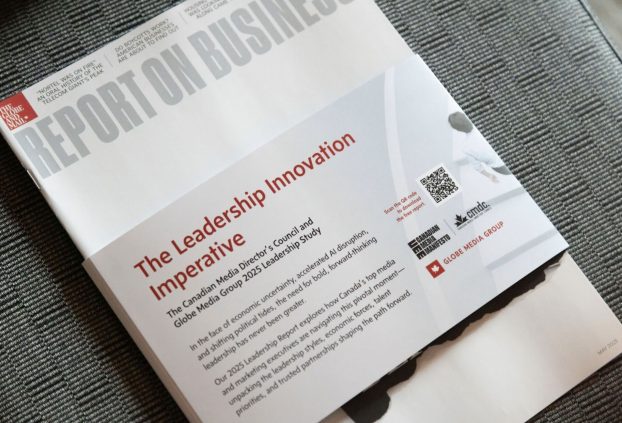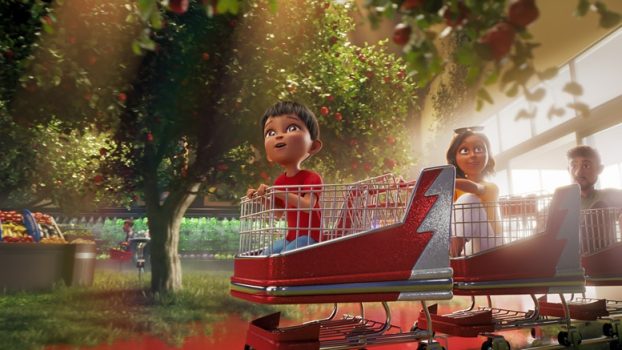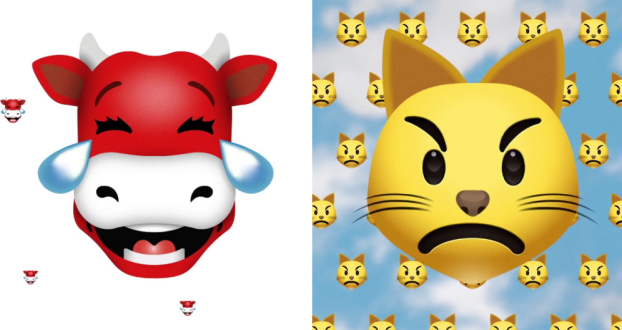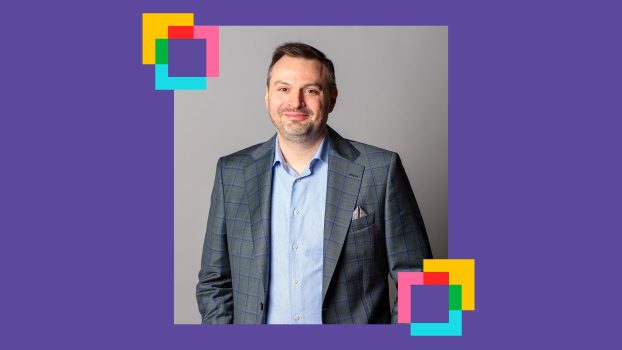Viveau is hoping transparency will help it stand out as it tries to elbow its way into not one, but two crowded categories: sparkling water and juice.
The Nova Scotia-based brand – which makes beverages that are half sparkling mineral water, half locally-sourced fresh-pressed juice – says it is the is the first sparkling beverage in North America to have earned a certification from the Clean Label Project, a stamp of approval that will appear on its packaging when its second production run begins this fall.
The Clean Label Project is a non-profit with a mission to bring truth and transparency to food and consumer product labeling, based on a proposition from California that requires businesses to disclose details about exposure to potentially harmful chemicals.
The brand is hoping this will pay dividends as it charts its national expansion. It is currently listed at Costco, Farm Boy, Sobeys, Safeway and IGA, and will come to Loblaw and Metro banners next month.
Company co-founder and CEO Ted Grant tells strategy that for increasingly skeptical consumers, education around product quality has never been more important, and that there is a desire to return to more traditional ways of eating that predate modern industrial farming.
“That is the reason the Clean Label Project is so meaningful, and will become more mainstream and trendy,” Grant says. “A few years ago, people started to say, ‘if you can’t make out what an ingredient is, you better do your research or don’t buy it.'”
That fits with a “radically transparent,” nothing-to-hide ethos the brand has embraced, Grant says. All of Viveau’s slogans are to associate itself with truth, such as “the truth is so refreshing” and the “truth is in the taste,” appearing across its packaging and POS materials.
Grant says another way the brand is looking to win the on-shelf battle in a category dominated by large international brands like Perrier and San Pellegrino is with a unique bottle design, which is made of contoured glass to be extraordinarily thin, almost like a test tube.
 “We definitely knew we wanted to go to glass, and wanted something that looked sexy and slick and that represented the quality of what’s inside, and the healthy premium component of the drink,” he says. Customizing the cool bottle was a “look at me” on the shelf, Grant says, and while large European sparkling water competitors also opt for glass, most of the competition at shelf, including private label brands, is in plastic. Viveau’s 12-pack, which is also different from other brands, is meant to work as signage in-store.
“We definitely knew we wanted to go to glass, and wanted something that looked sexy and slick and that represented the quality of what’s inside, and the healthy premium component of the drink,” he says. Customizing the cool bottle was a “look at me” on the shelf, Grant says, and while large European sparkling water competitors also opt for glass, most of the competition at shelf, including private label brands, is in plastic. Viveau’s 12-pack, which is also different from other brands, is meant to work as signage in-store.
“If you design a really nice box, you have a billboard and a pallet that looks very intriguing and that people gravitate to,” he says.
Viveau first launched at a handful of Sobeys locations in Atlantic Canada, in which it called out its no plastic credentials, its Canadian focus, and no sugar added. And the brand’s early success at several Costco outlets, where it has local signage, was a major step toward expansion across North America, Grant says.
Grant, a former Michelin chef, bemoaned the fact that sparkling flavoured water is either too sugary or doesn’t taste like fruit. While Viveau concedes a higher cost per ounce than the international competition, he says it is worth it when it comes to a finished product that stands out from European competition. Another differentiator, Grant says, is that Viveau uses Canadian fruit that is not from concentrate. That messaging, he says, is a big part of its POS strategy.
“We are one of the few value added products in agriculture, which is a great message,” Grant says.
Launching during the pandemic required a shift in strategy, and in lieu of activations, events, or in-store trial opportunities, the company has taken to doing personal, contactless deliveries to influencers in the healthy living space to share its brand story.


